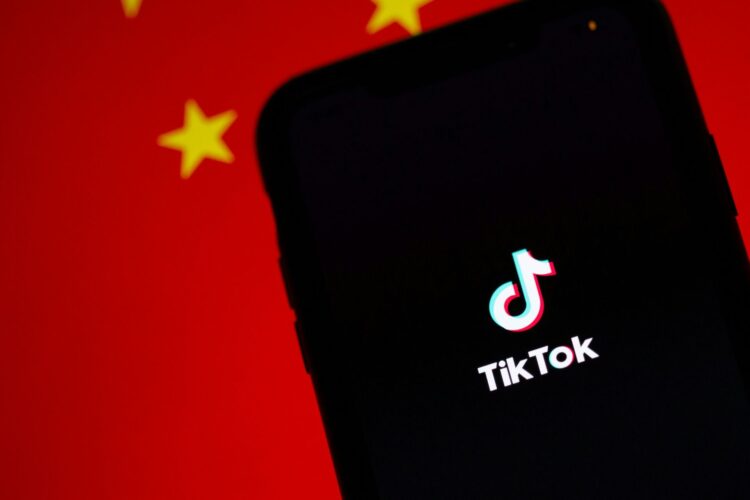TikTok has removed Russian state-sponsored broadcasters RT and Sputnik from its platform. This action stems from what TikTok describes as “covert influence operations” conducted by these organizations. RT, known to be close to the Moscow government, and Sputnik, another media company linked to Russian state operations, were banned from TikTok for violating the platform’s rules on deceptive behavior.
TikTok had already previously restricted these accounts in regions such as the European Union and the United Kingdom. Monday’s removal means a permanent ban for these media outlets. This decision brings TikTok in line with rivals like Meta and YouTube, which suspended Russian state media accounts this month. X (formerly Twitter) is not on the same page as these platforms, as it allows accounts to remain active.

RT and Sputnik banned from TikTok
The core of the problem stems from accusations that these media outlets are more than just news organizations. Earlier this month, the US government accused RT of working as an extension of Russian spy agencies. These accusations have exacerbated growing tensions between Western countries and Russian media. TikTok’s move follows similar steps taken by other platforms, with Secretary of State Antony Blinken expressing concern about RT and Sputnik’s involvement in covert operations.
TikTok said in a statement that accounts associated with RT’s parent company TV-Novosti and Sputnik’s parent company Rossiya Segodnya violated community guidelines. The platform cited the ban on deceptive behavior as the main reason for their removal. Despite the ban, TikTok announced the removal of five additional influence operations, including a network that amassed 3.8 million followers across multiple accounts in August, underscoring the platform’s vigilance against misinformation.

RT and Sputnik respond
RT and Sputnik were not silent after TikTok took this decision. Over the weekend, both outlets claimed that some of their accounts had been deleted without a clear explanation. Sputnik, in particular, expressed disappointment that its 86,000 subscribers on X were no longer “allowed to know the truth about the most pressing geopolitical issues.” RT’s editor-in-chief Margarita Simonyan doubled down on their journalistic stance, calling RT a “normal journalistic organization” and pledging to continue working in the US.
However, the TikTok ban signals a growing concern among Western platforms about the activities of Russian media outlets. Whether through editorial content or covert operations, these outlets have come under scrutiny for allegedly manipulating political discourse not only in Russia but around the world.
Given that a Chinese company owns TikTok, these bans suggest a close relationship between Russia and China. It is also possible that the platform wants to attract Washington’s attention by taking these steps to maintain its operations in the US. Especially considering the increasing security concerns and possible banning threats against TikTok in the US, it is said that such moves may be part of the platform’s effort to protect its presence in the US.
Featured image credit: Solen Feyissa/Unsplash





